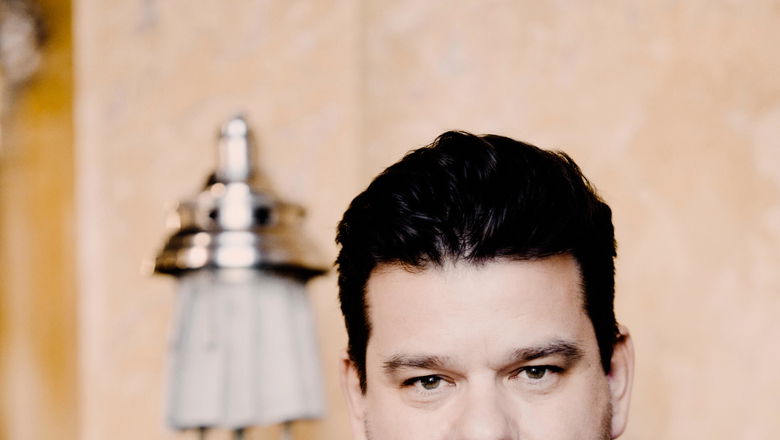Dmitri Shostakovich is a great master of Soviet music. While still a student at the Leningrad Conservatory, he eagerly followed the compositional practices of Western European modernism, as particularly evident in his Twenty-Four Preludes and Fugues for piano, Symphony No. 4 in C minor, the ballets The Age of Gold and The Bolt, and the operas The Nose and Lady Macbeth of the Mtsensk District. The Moscow premiere of Lady Macbeth in 1936 brought a turning point in his career. It happened to be attended by Joseph Stalin, who subsequently initiated the first cultural-political attack against Shostakovich in the form of an article entitled Muddle Instead of Music published in Pravda newspaper. Another repression came in 1948 following the adoption of the infamous cultural doctrine formulated by Andrei Zhdanov and subsequent purges against Soviet composers. Both for internal and external reasons, Shostakovich then also composed patriotic works in order “to meet the needs of the Soviet people”, for which he was praised and awarded by the Soviet power. These compositions include Symphony No. 7 in C major “Leningrad”, which is a reaction to the siege of Leningrad in 1941, the cantata Poem of the Motherland (1947), and the oratorio Song of the Forests (1949), celebrating the forestry policy of the Soviet Union at the time. Shostakovich wrote a total of 15 symphonies, the same number of string quartets, 6 instrumental concerts and a number of other compositions. A specific part of his oeuvre consists of film scores for a large number of Soviet films.
Dmitri Shostakovich came to the attention of the musical public in 1925 with his graduation piece, Symphony No. 1 in F minor, Op. 10. This work, performed by the Leningrad Philharmonic Orchestra, received great critical acclaim, and 20-year-old Shostakovich, who had previously worked as a pianist-improviser for silent films, became a recognized composer literally overnight. In the 1920s it was still possible in the Soviet Union to follow avant-garde trends and search for new artistic paths. Many literary, artistic, cinematic and musical works were created that continue to fascinate us a century after their creation. The following decade, however, changed much. At the same time as Stalin consolidated power in the state, a unified cultural doctrine called Socialist Realism was introduced, which clipped the wings of many artists in their promising creative take-off. Shostakovich’s composition to be heard tonight comes from the period in Soviet history with more artistic freedom. Two Pieces for String Octet, Op. 11, were written in 1925 immediately after the above-mentioned First Symphony. The composition is dedicated to the memory of Shostakovich’s close friend, poet Vladimir Kurchavov, who had died too young. This two-movement work, in which Shostakovich masterfully employs a variety of string playing techniques, has an expressive, almost Expressionistic sound, which becomes almost haunting, especially in the scherzo.


